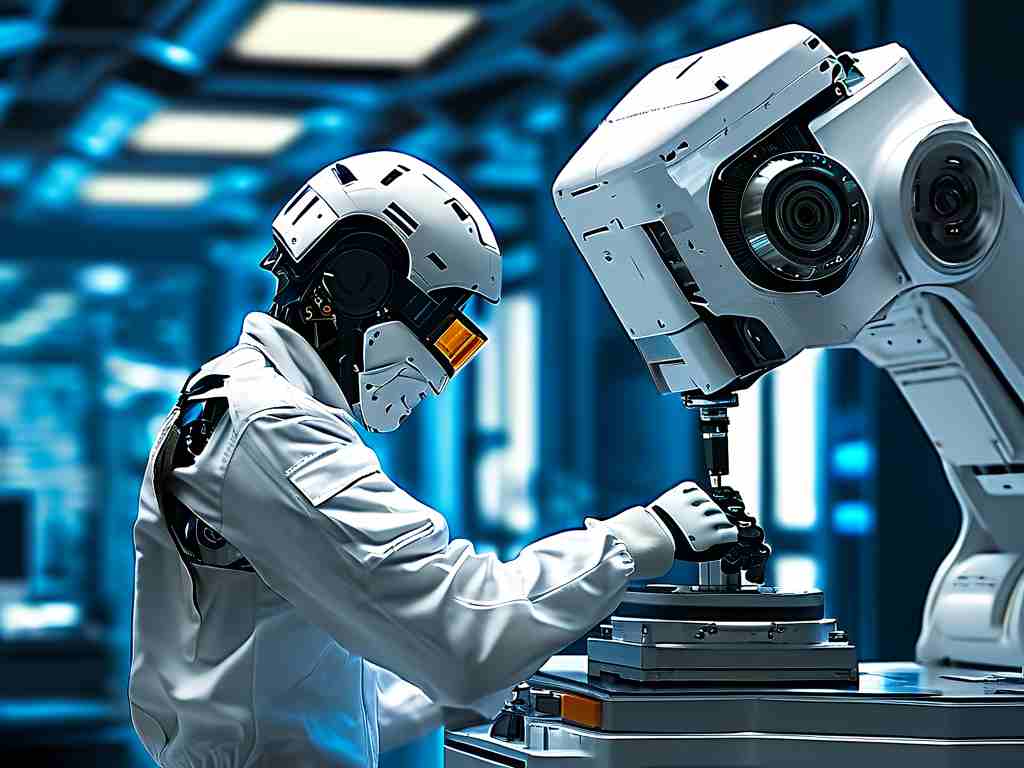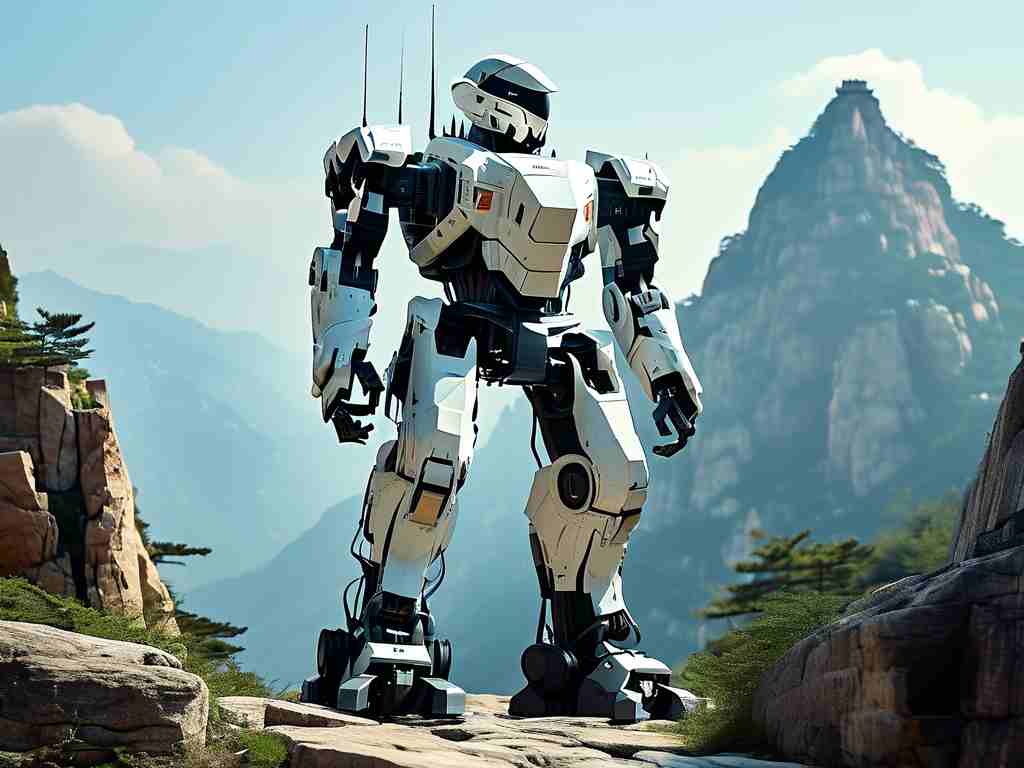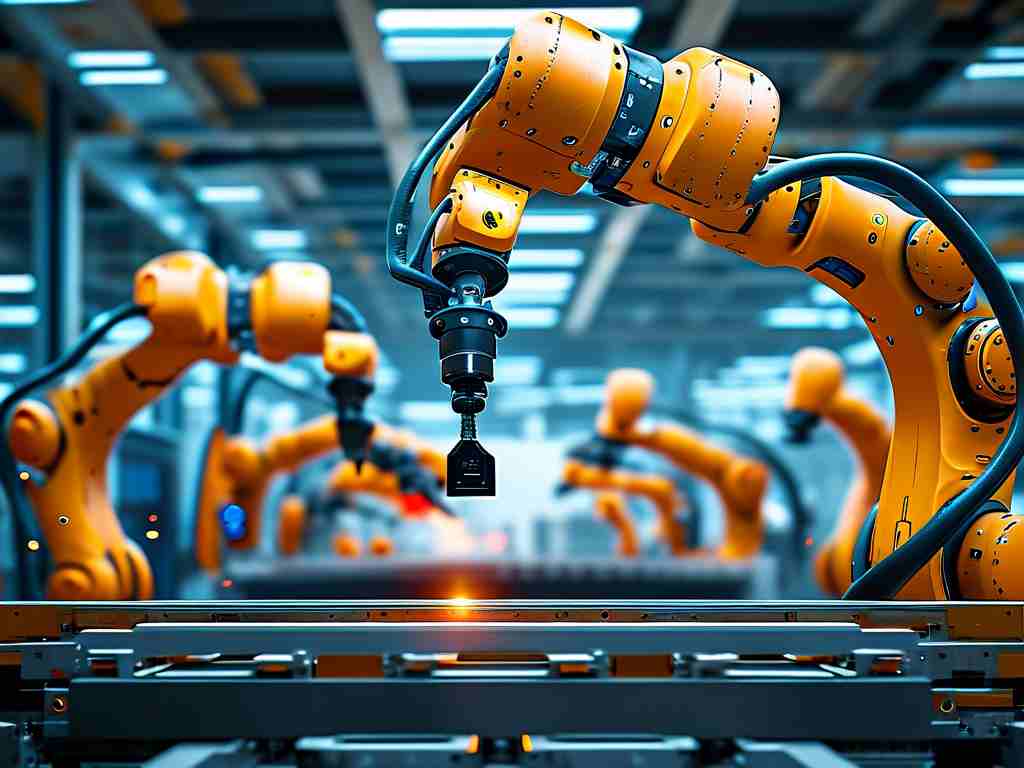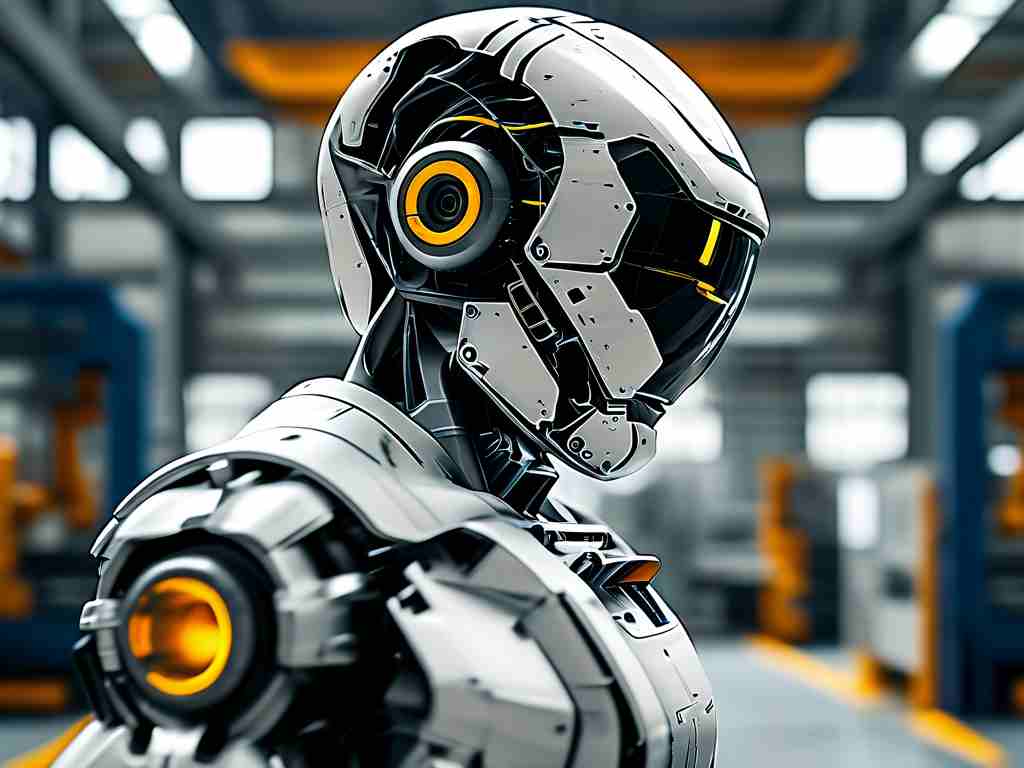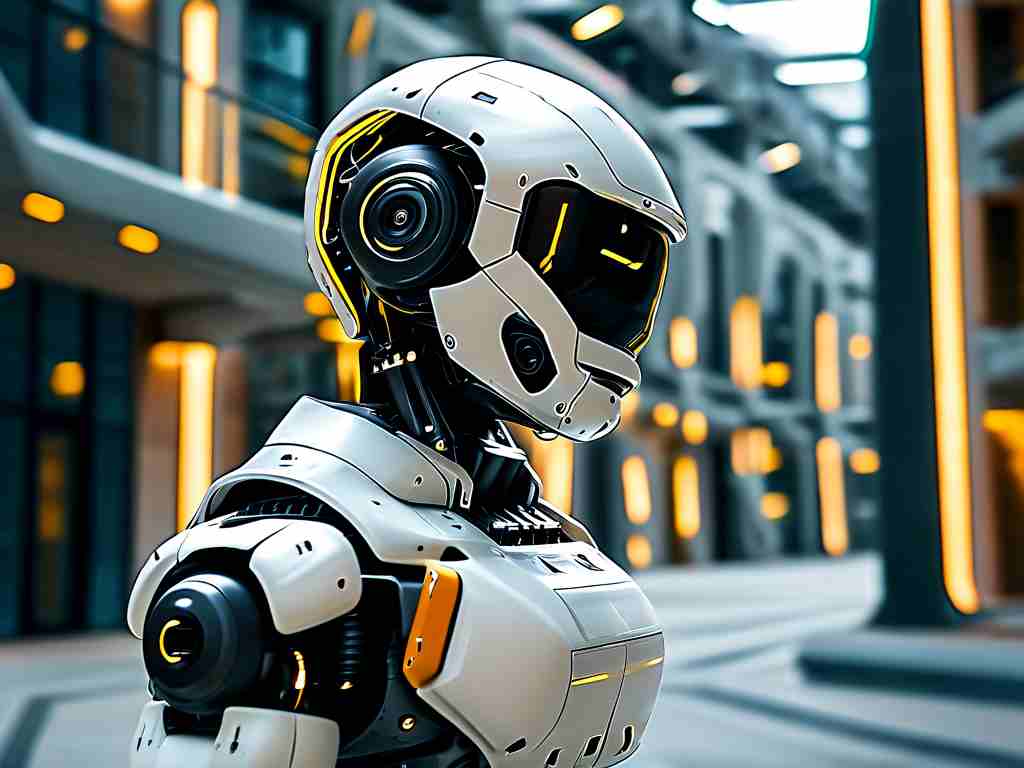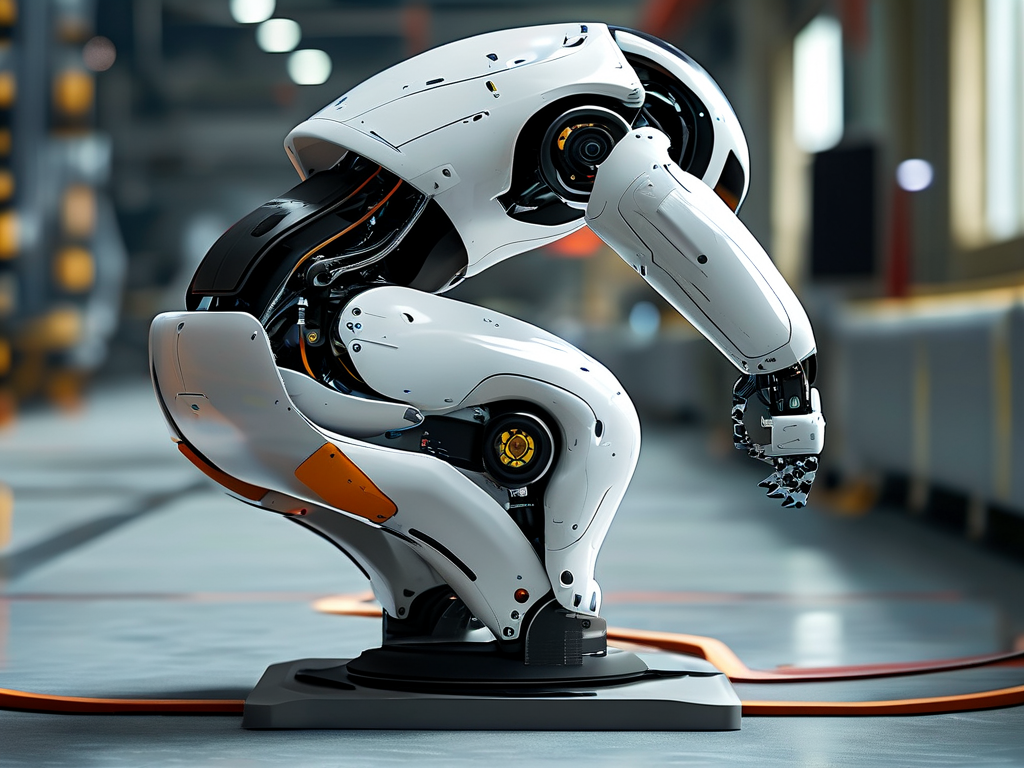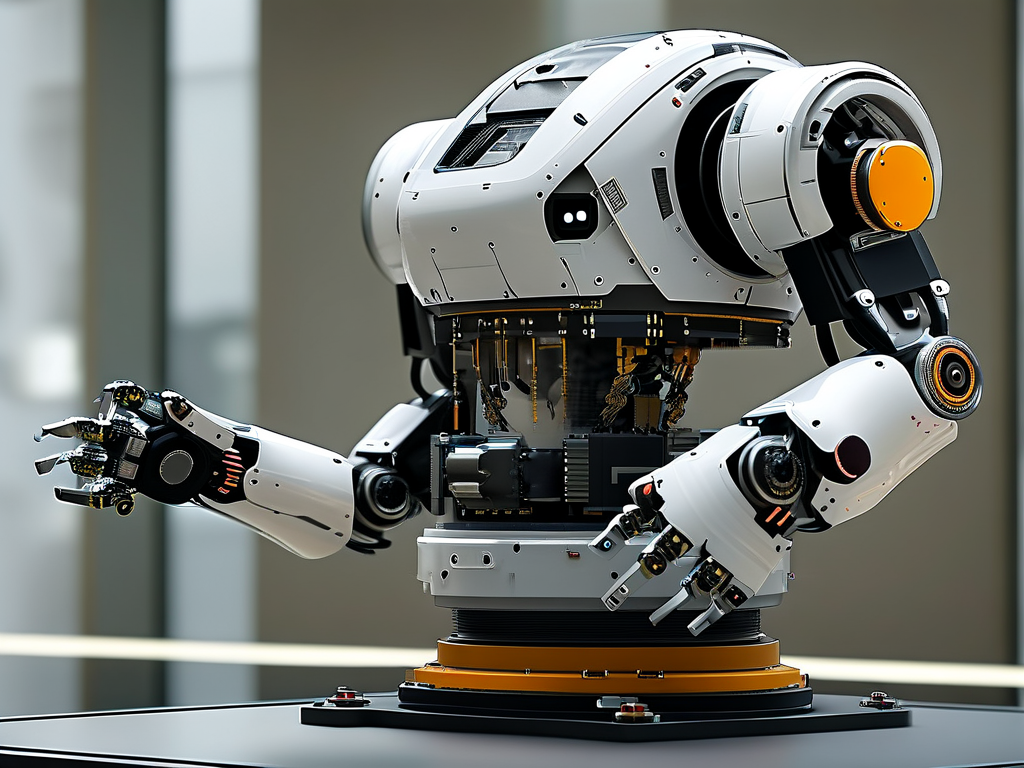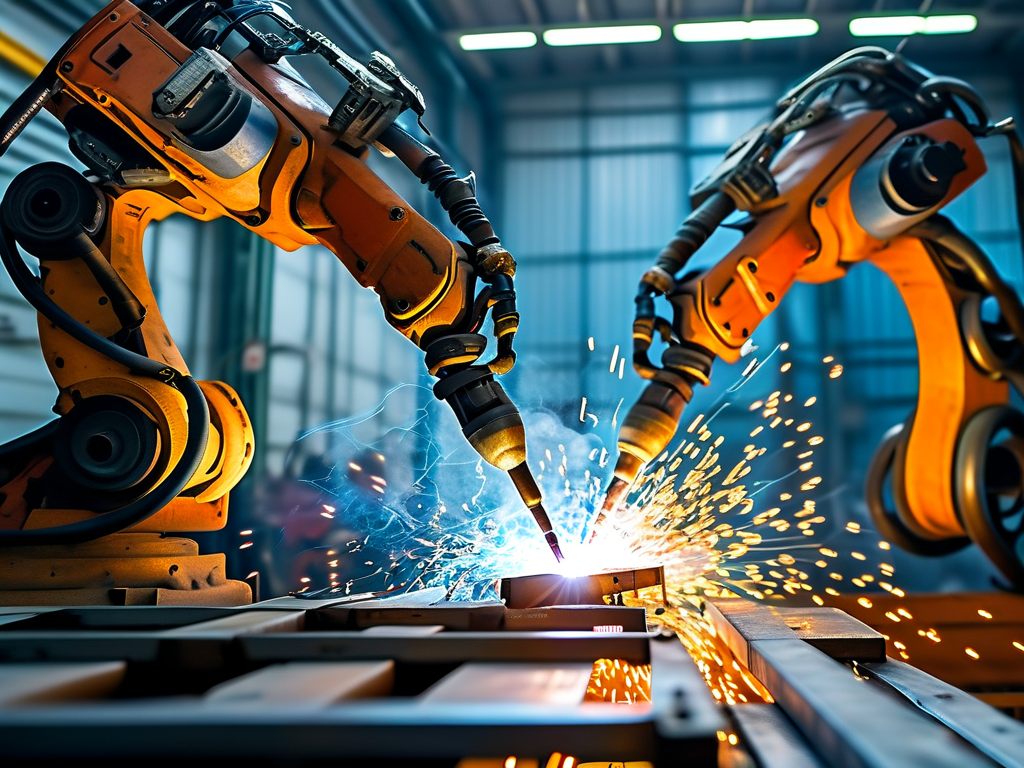Nestled in the heart of China’s Yangtze River Delta, Suzhou has emerged as a beacon of technological advancement, particularly in the realm of service robotics. Over the past decade, this ancient city, renowned for its classical gardens and silk production, has strategically positioned itself as a hub for cutting-edge robotics solutions. With a blend of government support, academic collaboration, and private-sector ingenuity, Suzhou’s service robots are now transforming industries ranging from healthcare to hospitality.
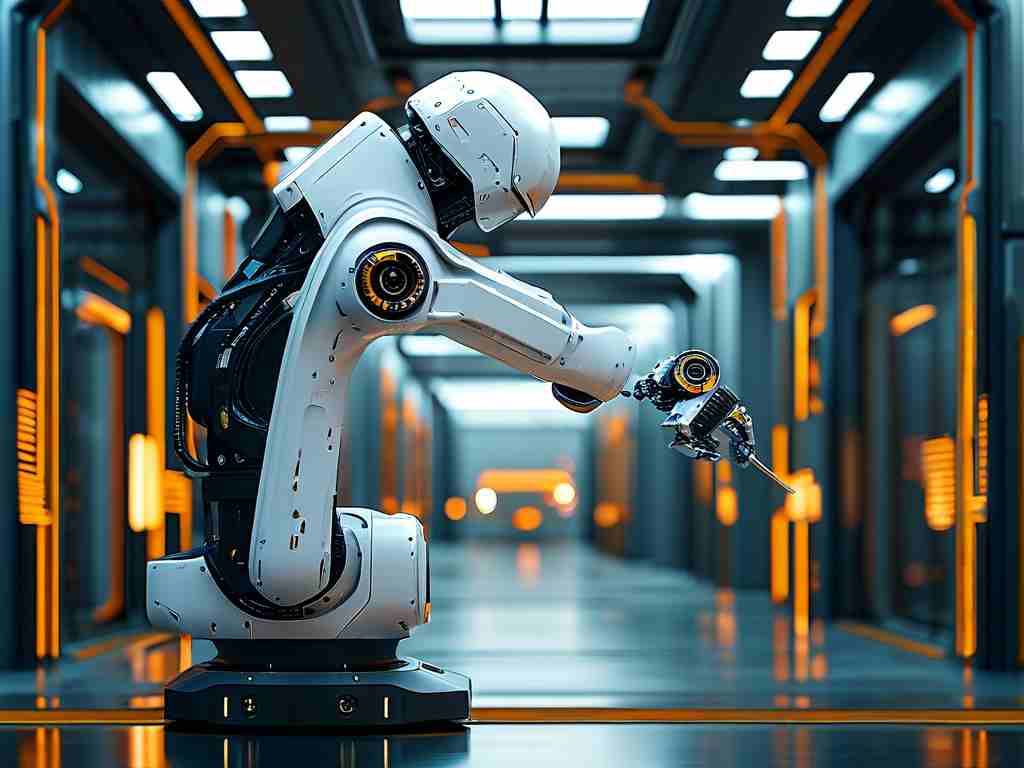
The Rise of a Robotics Ecosystem
Suzhou’s journey into robotics began with its robust manufacturing sector. As factories sought automation to maintain competitiveness, local tech firms began developing specialized service robots tailored for industrial maintenance and logistics. Companies like Suzhou Cobot Technologies pioneered collaborative robots (“cobots”) that work alongside human operators, reducing error rates in electronics assembly by 40%. This success laid the groundwork for expansion into non-industrial sectors.
The city’s innovation districts, such as Suzhou Industrial Park, have become incubators for robotics startups. In 2022 alone, over 15 service robotics firms secured Series A funding, focusing on AI-driven customer service and eldercare solutions. One standout example is CareBot, a humanoid assistant designed by Suzhou-based AInnovation, which uses natural language processing to support dementia patients in local nursing homes.
Cross-Industry Applications
Suzhou’s service robots are breaking barriers across diverse fields. In healthcare, robotic systems developed at Soochow University Hospital now handle 30% of routine patient diagnostics, freeing medical staff for complex cases. Hospitality venues, including the iconic Pingjiang Road historic district, deploy multilingual guide robots that interact with tourists using hyperlocal knowledge—a feature praised in TripAdvisor reviews.
The education sector has also embraced this trend. Public schools in Suzhou Industrial Park integrate teaching assistant robots to personalize learning. These devices analyze student engagement through facial recognition and adjust lesson pacing in real time. Early studies show a 22% improvement in math proficiency among participating classrooms.
Government-Industry Synergy
Local policies have been instrumental in this growth. The Suzhou Municipal Science & Technology Bureau’s “Robot+” initiative, launched in 2020, offers tax breaks and R&D grants to firms developing service robots for public welfare applications. Additionally, the city hosts the annual Yangtze Delta Robotics Expo, attracting global players like ABB and Fanuc while showcasing homegrown innovations.
A unique public-private partnership model connects universities with enterprises. The Jiangsu Province Robotics Institute, headquartered in Suzhou, operates joint labs where companies access academic research in exchange for funding Ph.D. projects. This symbiosis accelerated breakthroughs in swarm robotics—a technology now used by Suzhou Metro for crowd management during peak hours.
Challenges and Future Trajectories
Despite progress, challenges persist. Smaller startups face talent shortages in AI engineering, prompting Suzhou to launch subsidized training programs with Shanghai Jiao Tong University. There’s also growing debate about ethical AI deployment, particularly in eldercare, where some families express concerns about reduced human interaction.
Looking ahead, Suzhou aims to lead in “embodied AI”—robots that learn from physical environments. Trials are underway for adaptive sanitation robots that navigate complex urban areas, using Suzhou’s intricate canal networks as testing grounds. With 5G infrastructure now covering 98% of the city, developers are also exploring cloud-based robot “brains” that can be updated instantly across entire fleets.
As global demand for service robotics surges, Suzhou’s blend of tradition and innovation offers a compelling blueprint. By balancing technological ambition with societal needs, this city isn’t just manufacturing robots—it’s engineering a future where machines enhance human capabilities without eclipsing the warmth of its famed hospitality.


